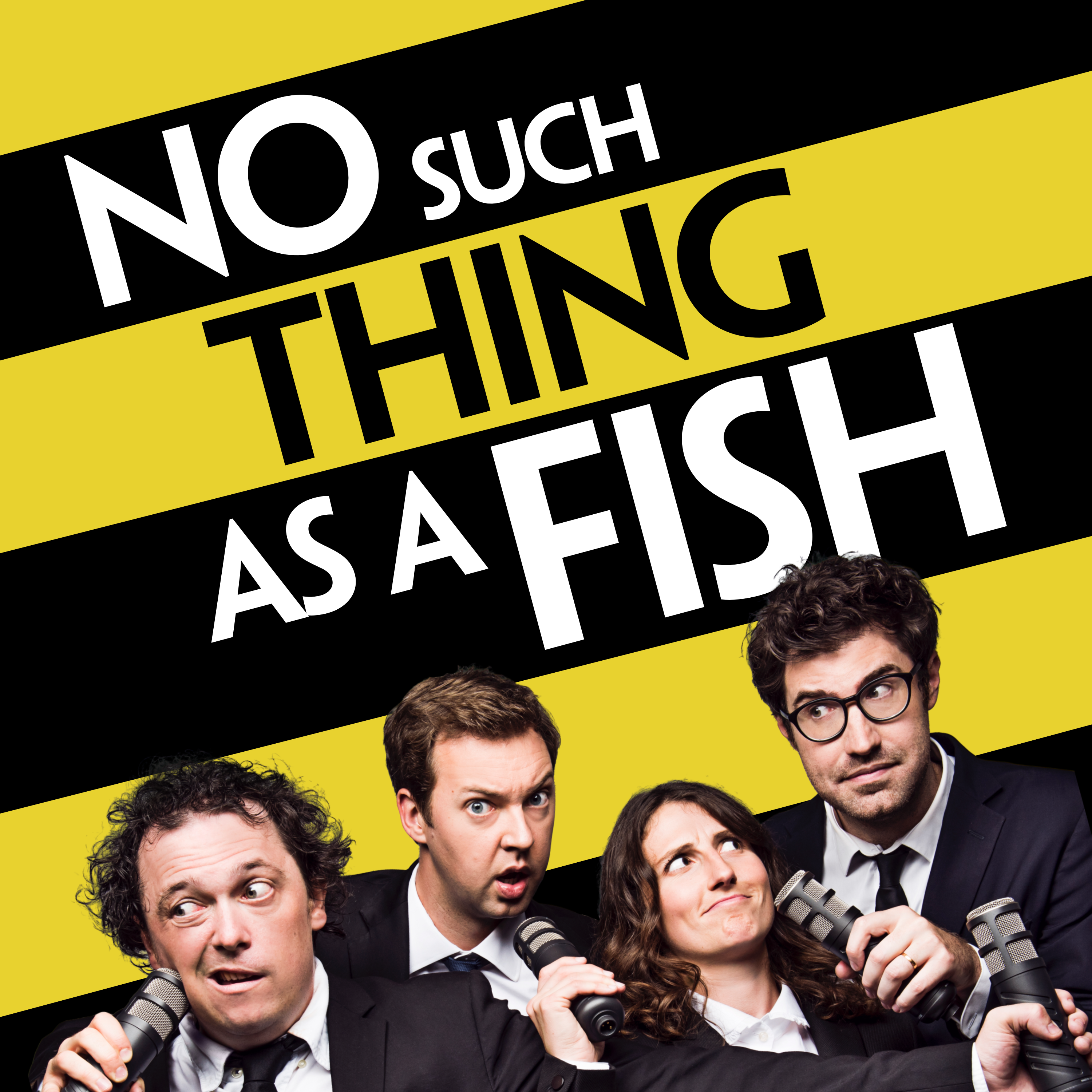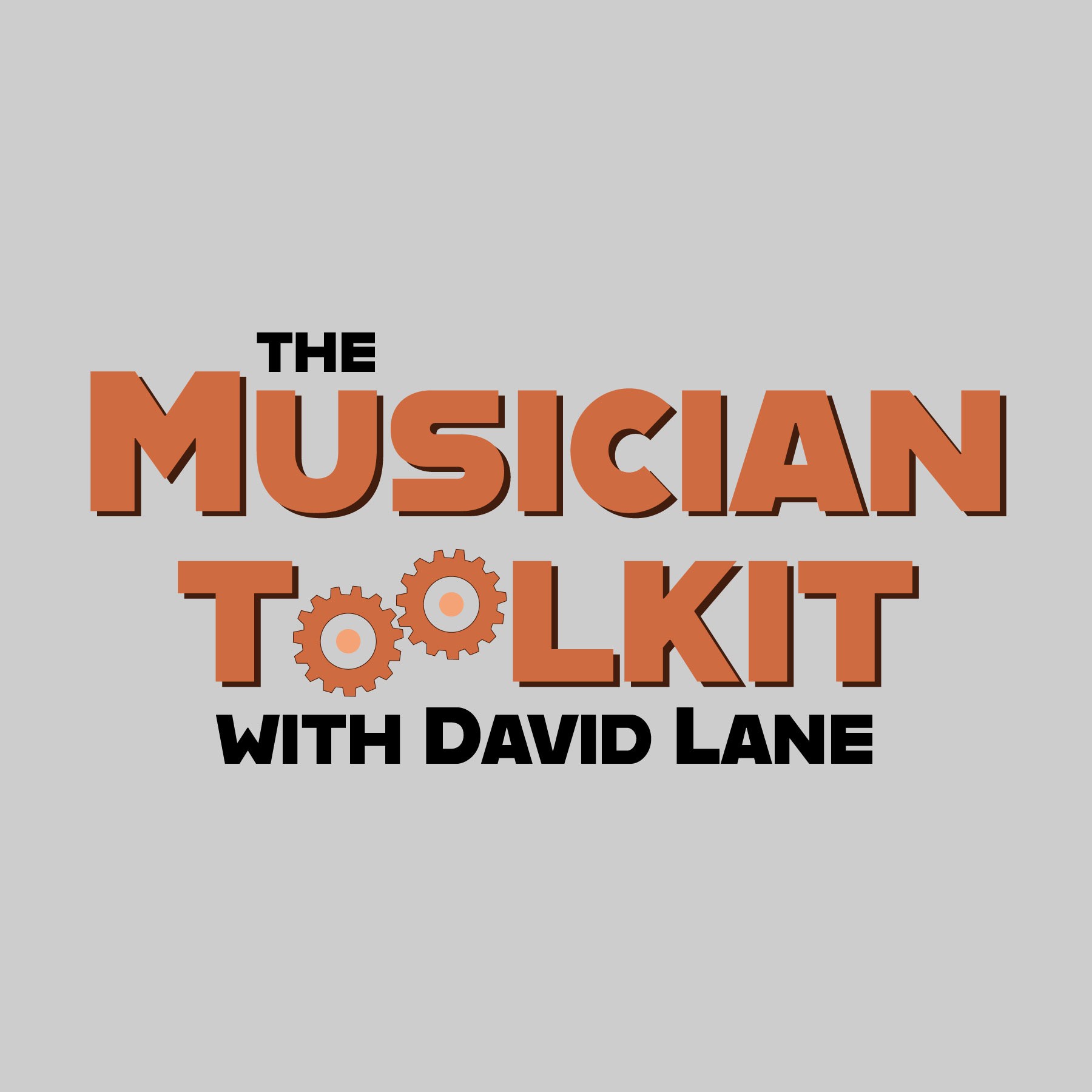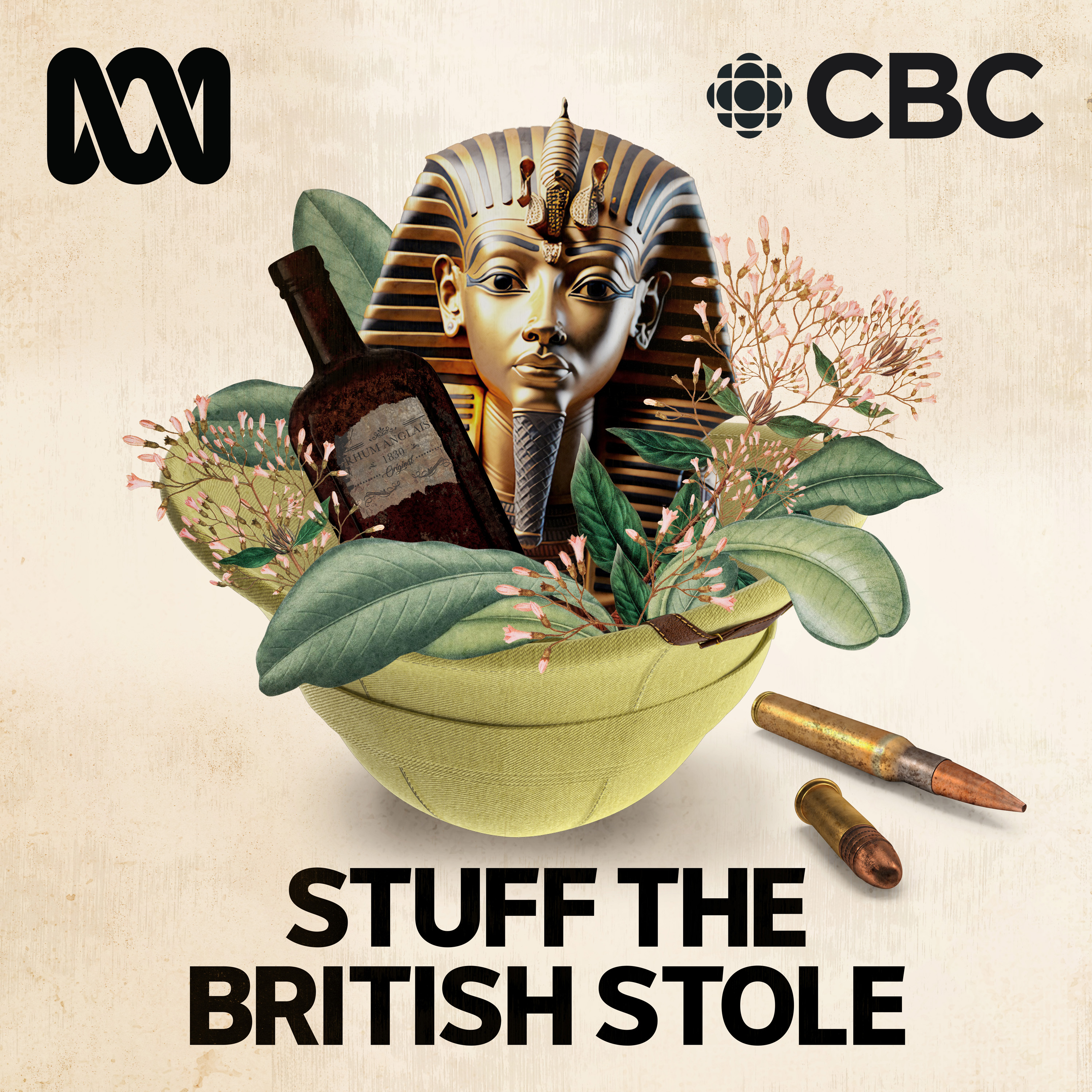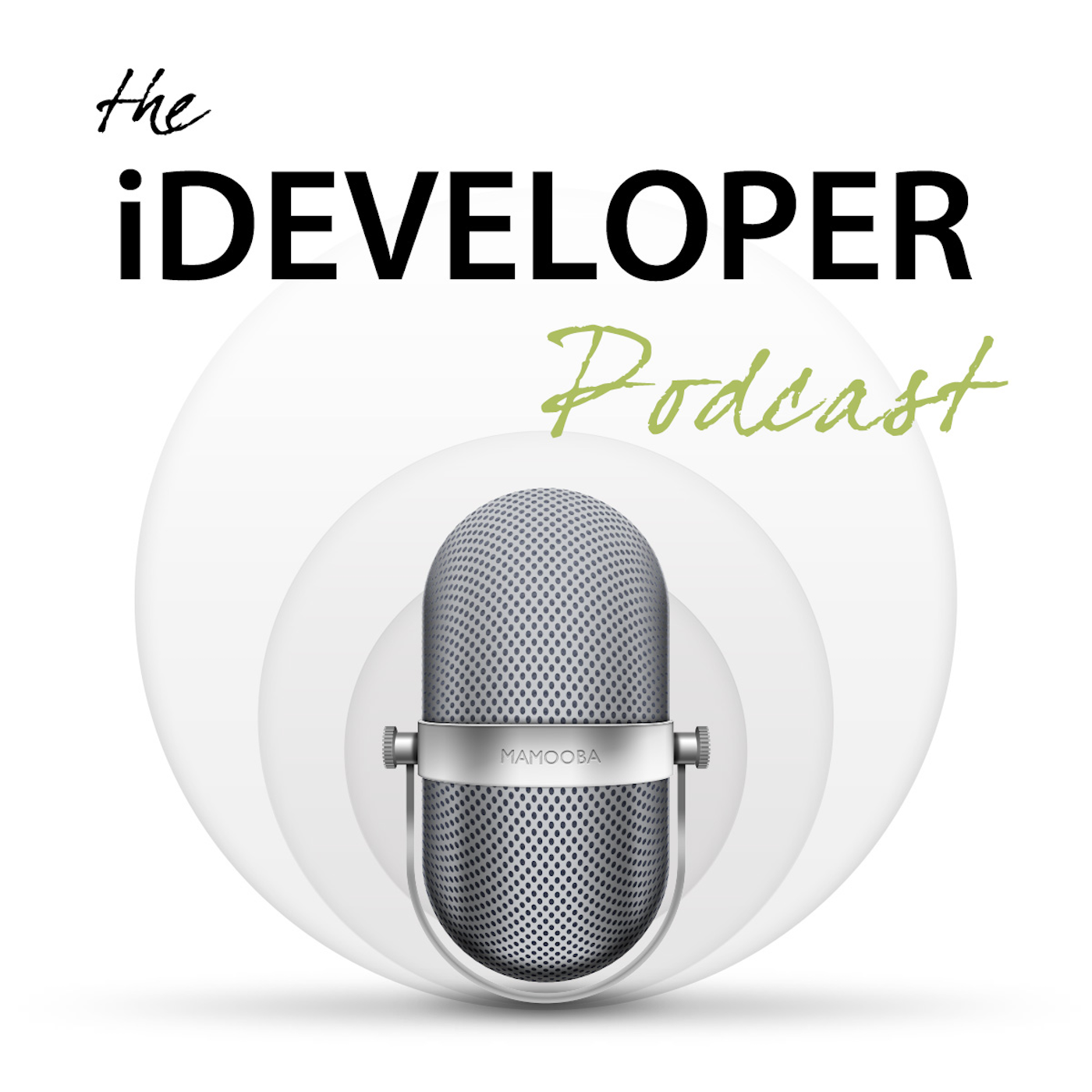
Piano, finally
Piano Finally is a podcast by an old bloke who is learning the piano, finally. I cover the process of learning the piano and music theory as an adult learner. I also review piano books, hardware and other materials from an adult learner's perspective.
Piano, finally
Episode 11 - Practising Makes Progress
Join me, David Reidy, on "Piano. Finally." as I share the latest developments with my Kawaii NV10. Plus, I've got a personal recap of my night out at the Camelot Lounge where I experienced an electrifying performance by my piano teacher, Devi Mamak, and her Caravan Band. Imagine a fusion of Indian ragas, Beethoven, and Middle Eastern dance all under one roof—it was an evening to remember!
Feeling curious about how violin techniques could enrich your piano skills? Meet TwoSet Violin, the Australian duo taking the classical music world by storm on YouTube. Eddie Chen and Brett Yang, former symphony orchestra members turned YouTube sensations, blend humour with serious musical critique, making classical music both entertaining and educational. Whether you're into the intricate world of violin or just love classical music, their journey is inspiring and might just make you appreciate the strings a bit more. Tune in to hear how these elements come together in an episode filled with unexpected musical adventures.
You can contact me:
- via email at david@pianofinally.show; this is probably the best option
- the show website, www.pianofinally.show
- Instagram and Threads @pianofinally
- and on YouTube
- all the podcast directories - list
- here's the RSS feed
Some of the links to books and other items mentioned in the podcast are affiliate links for Amazon or other providers. If you use one of these links, a commission may be paid to me at no additional cost to you. Thank you if you use a link.
All reviews of products, websites and services are unpaid, and no sponsorship has been received for any content on this podcast.
G'day everyone. I'm David Redy and welcome to Piano. Finally, a podcast by an old bloke who was getting around to learning the piano. Finally, welcome to show 11. Thank you for joining me. The number of weekly listens is slowly increasing, so if this is your first time here, I hope you enjoy the podcast. So if this is your first time here, I hope you enjoy the podcast.
David Reidy:Last week the news was that the Kawaii NV10 was back up and working. Stan the technician had visited and done some general work on the instrument, which began working again. Although he wasn't quite sure what had caused the problem in the first place, he called back early in the week to make sure everything was still fine, and it was Until Friday. Back early in the week to make sure everything was still fine, and it was Until Friday. I practised on Thursday night and I was running ahead of schedule on Friday morning, so I thought I'd get in a couple of runs through the jig. The piano wouldn't turn on again and it has stayed that way since. It's just as well that I got the Roland as a backup. You'll hear it later in today's episode.
David Reidy:Last night I went to see Devi Mamak and the Caravan Band at the Camelot Lounge in Marrickville, an inner suburb of Sydney. Devi is my piano teacher and she heads a small group of musicians. I arrived at the venue early, having not been there before and was a little worried to find that it is in line with the main runway at Sydney Airport. Getting out of my car, I got a really good look at the landing gear of an Emirates A380 a couple of hundred feet overhead. The upstairs venue, though, was incredibly well soundproofed, so plain noise didn't intrude on the performance. The caravan band, in its incarnation last night, had two djembe drummers, a saxophone and woodwind player, a bassist and a second drummer, with Devi on the piano. Of course, the music was mostly composed by Devi, using some Indian ragas and based on works by other composers such as Beethoven and Bernard Herrmann. The group was accompanied by five dancers in the Middle Eastern tradition. It was a great night, and I got to hear some music that is not the type I would normally go out to, but which I thoroughly enjoyed. Who knew that starting to learn piano would open up a whole new world of musical adventures?
David Reidy:This week's YouTube recommendation is Two Set Violin, a pair of Australian classical violinists who make YouTube videos and perform as soloists. I know it's not piano music, although they do work with pianist Sophie Drummell on some of their videos. She also accompanied them on their recent concert tour. Twoset is made up of Eddie Chen and Brett Yang, both of whom grew up in Brisbane and learned the violin later studying at the Queensland Conservatorium. They were both members of professional symphony orchestras before resigning to concentrate on their YouTube channel.
David Reidy:This got me thinking about why we play music. If you do it so that people will enjoy your work, then being a member of an orchestra is a pretty good way to get your music to people. The two-set violin has over 1.6 billion views, so it appears that YouTube is a pretty good vehicle for spreading classical music too. The channel is comedy based, but that doesn't mean that there's not also a good deal of serious classical repertoire included. I now know a lot more about violin technique than I would have otherwise. Both Eddie and Brett are accomplished performers, and in a number of videos they critique playing styles and explain exactly what is going on. Understanding more about stringed instruments is always handy, as I found there's a fair bit of piano music that has been adapted from string pieces. Did someone say Pucklebell's Canon, if you want to see some entertaining classical content, then you need to give TwoSet Violin a watch, and if you think that YouTube is not somewhere that you are going to find content that is taken seriously by the classical music world, then bear in mind that the violins that Brett and Eddie play have a combined value of over $20 million. They're on loan from Teresa. Youtube doesn't pay that well yet.
David Reidy:Signing up to learn the piano means signing up for hundreds and hundreds of hours of practice at the keyboard. It really can be a problem when you're deciding whether to start, knowing that it's going to be a long time before you can confidently say I play the piano rather than I'm learning to play the piano. So if you're being honest with yourself, you need to work out if you're going to get along with all that. Time not being perfect.
David Reidy:Modern life is all about getting things done quickly and efficiently. Time is money, as they say, so if something is going to take a long time, it had better be worth a lot of money. Of course that's rubbish. There are many things that are worth doing, take a lot of time and aren't worth any money, but that's not the message that sells the latest consumer product or service. Whole businesses have been built on getting people to spend money to save time. Marketing something based on the time it will save is a very effective way of getting a person to part with some money. That's why I get so annoyed with YouTube videos with titles such as Master the Piano in just 30 days. Clearly they're not legitimate. Yet most of them have tens of thousands of views, so they must be messing with some people's expectations and perhaps their bank accounts. All the videos appear to be linked to paid courses.
David Reidy:I've now been practicing for the last six months and I'm still a long way from mastering anything, but I'm making progress and it's that slow improvement that's keeping me going. I think that it's important to remember to look for that improvement to keep your motivation up. Finding improvement is easy if you look back far enough. Over six months I managed to learn to play most of the major scales with each hand not necessarily simultaneously, but certainly better than when I first began, and I hope that in the next six months I'll get to the rest of the flat scales and onto the minor scales. I think that it will take me longer to get up to the speed you see in professional players' channels, but I don't have a deadline for getting there.
David Reidy:Following my piano teacher, debbie's advice, I've recently made some changes to the way I've been practising. As you know, I've been working on the Samuel Arnold jig. I can play it from memory without error now, so I'm moving on to the dynamics, which I had mostly ignored. I will normally play the piece five or six times during a practice session, all the way through, as I'm working on the overall sound, not the individual notes. Evie suggested that I only play it once during each session because that way I have to be much more attentive, as I won't get a go over if I make a mistake. We negotiated so that I'm allowed to play it twice per practice, and I've seen that she is right. I'm paying more attention and I think it's speeding up the overall pace of improvement. Having this take up only a couple of minutes in each practice means that I can keep it in the rotation for much longer without it getting in the way of learning new things. How much longer will I keep practicing it? Well, I've heard it said that a good pianist practices a piece until they get it right, but a better pianist practices a piece until they cannot get it wrong. I'll try for the latter.
David Reidy:A single play through each session isn't going to work if you're still learning the piece. Repetition is the key to getting the notes into your working memory and while learning each new bit, that's important. I'm seeing that in practice with the new A Time For Us piece. Debbie also suggested I concentrate on just a very small part of the music. So for the past week I've been working on the first three and a half bars, and separately, and then hands together, at a very slow pace. At the beginning of the week I had to closely read the score to have any chance of getting through the 10 left hand and 11 right hand notes. Now I can play each at about the correct tempo and with hands together, though much slower. It may not be a lot of progress, but it is something that I can see and I know that if I keep it up then by this time next week I'll be further along. I'm unsure how much further, but if I have to guess, I'll say the halfway point of bar 9, which means learning some left-hand chords. I also know that in another six months I'll have learned so much more and that it will have been six months well spent.
David Reidy:This week's review is just the first part of what will take a few weeks, mainly because there are so many different bits and options to it. It's a review of Piano Tech 8, a virtual instrument package designed to be used with a MIDI keyboard. Virtual instruments work in the same way as the sound generator part of a digital piano. They take the movement of the keys and turn that into sounds. Usually, that is by having an inbuilt collection of sampled instrument sounds that are combined and processed to produce a sound similar to a real acoustic instrument. The more expensive the digital piano generally, the better the final result. Standalone virtual instruments can be programmed directly using software such as GarageBand, or they can be used on a system linked to a MIDI keyboard.
David Reidy:Pianotek, which comes from the French company ModArt, works slightly differently to other digital instruments. Piano Tech uses modelling rather than samples, so instead of recordings of actual instruments, mathematics is used to generate the final sounds, in the same way as my Roland FP-90X does for some of its sounds. Of course. The question is how well does it do this? Piano Tech doesn't just model an acoustic piano, it models particular acoustic pianos. For example, the first one on the list is the Steinway Sons Model D, possibly the most used concert grand piano in the world. Does it do a decent job? Well, probably. The Steinway company has certified the model and allows Piano Tech to use the Steinway trademark, so they're obviously happy with it. In future parts of this review, we'll investigate the available instruments in more detail.
David Reidy:So how do you use Piano Tech? The Piano Tech software works on Macintosh, windows and Linux computers and iOS devices. It's not natively available for Android, but there are workarounds. I've used it on my Mac, ipad and iPhone and it acts the same on all of them. Also, your OneLicense allows you to use it on all your devices at no additional cost. I'm mainly using it with my iPhone. I plug the iPhone into the MIDI USB port on the Roland using a USB-B to USB-C cable, which does two jobs. Using a USB-B to USB-C cable, which does two jobs, it transfers the MIDI information to the Piano Tech app and the generated sound back to the FP-90X so that the sound comes from the speakers just as if I was playing the Roland. Normally, it sounds great.
David Reidy:I'll go into more detail about the actual steps in using Piano Tech in the next episode, where we'll look at some of the instruments as well. In the meantime, if you'd like to try the software yourself, modart have a free trial that includes all the features of the full version. It just has a time limitation and some of the black keys are disabled. They even tell you how to reset the time limitation. If you want to try it some more, if you've got a MIDI compatible keyboard and a way to connect your iPhone, I'd suggest giving it a go.
David Reidy:Well, that's it for this week. If you'd like to contact me, email is the best way. You'll find me at david at pianofinelyshow and the website at wwwpianofinelyshow. In both cases, piano, finally, is all one word. The show is also on Facebook, instagram and Threads. You can subscribe via any popular iOS or Android podcast application or from directories such as Apple Podcasts, spotify or YouTube Podcasts. The show notes for this episode are on the website and include a text me link which will let you send me a message. So until the next episode, I hope your piano stays in tune and you enjoy your time at the Keys. This week's progress piece is pretty short. It's the first three and a half bars from Nino Rota's A Time For Us from Franco Zeffirelli's film Romeo and Juliet. I'll put in all three parts, the way I've been practising each hand separately and then both together. The single hands are close to the correct tempo, the hands together not quite so much. Ah, ah, thank you.













